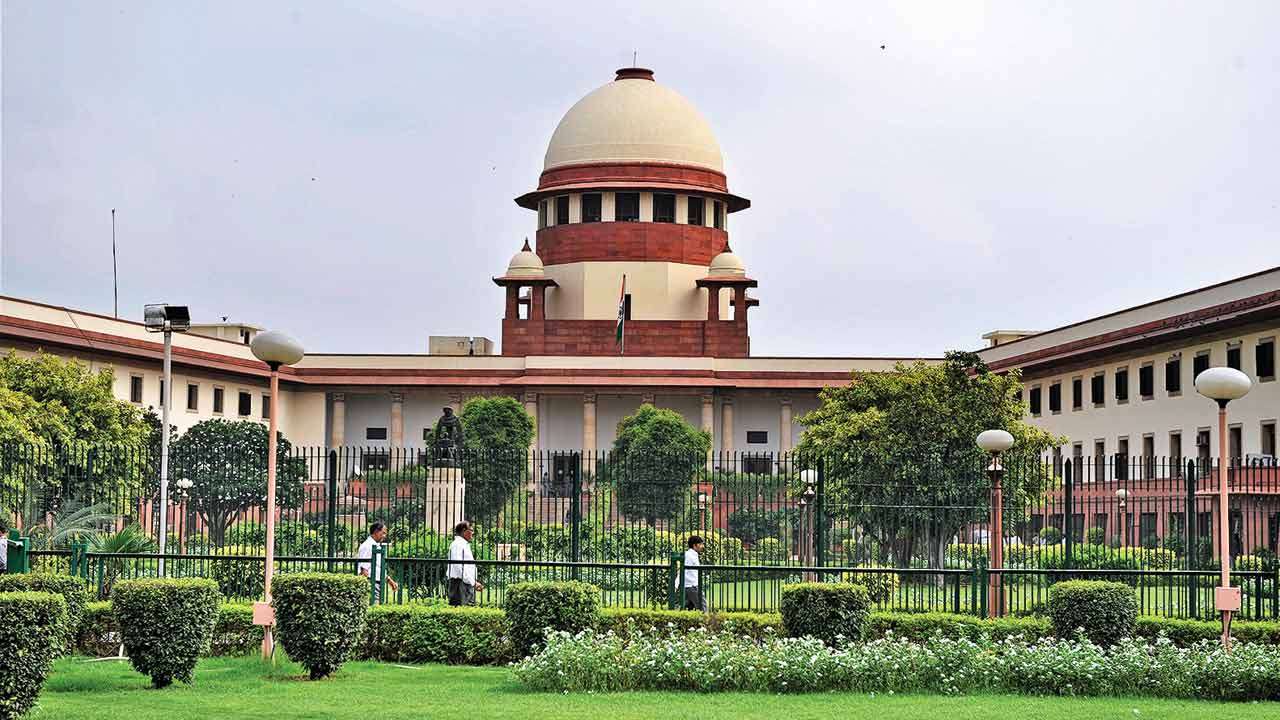
During waves of Islamic invasions of India over the centuries, thousands of temples were demolished. It is therefore incomprehensible why Muslims in India should oppose rebuilding temples. It would not be atonement for ancestral sins; it would simply be an honourable act.
But why insist on building a Ram temple at the site in Ayodhya where the Babri structure stood? There are two reasons. First, the Archaeological Survey of India (ASI) has proved conclusively that a temple once lay beneath the Babri rubble. Second, the birthplace of Ram holds special significance for Hindus. If Muslims are to help build a temple, what better place to build it than where devout Hindus believe Lord Ram was born?
The dispute over building the Ram temple in Ayodhya, currently being heard in the Supreme Court, terrifies some politicians. Arguing for delaying the apex court’s verdict to after the 2019 Lok Sabha election, senior advocate and Rajya Sabha Congress MP Kapil Sibal pleaded with the Supreme Court with folded hands for a long adjournment. The court dismissed his plea. It will continue to hear the case though not on a day-to-day basis. The next hearing is scheduled for March 14.
Chief Justice of India Dipak Misra has made it clear though that the case will be heard as a land-title dispute. Matters of faith will not be adjudicated. Who does the land title of the disputed site belong to? The Shia Wakf Board controversially claimed deed to the title. The claim was rejected by the Allahabad High Court in 2010. The court decreed that the disputed 2.77-acre site should be divided into three equal parts between the Sunni Central Wakf Board of Uttar Pradesh, the Nirmohi Akhara sect and Ramlalla Virajman. It is this verdict, arrived at by a 2-1 majority, that the Supreme Court will adjudicate.
The Shia Wakf Board supports building the Ram temple at the disputed site in Ayodhya. It says it will help construct a grand new mosque at a suitable site elsewhere, possibly in Lucknow. The Sunni Wakf Board is leading the Opposition to building the Ram temple at the disputed site. Several political parties with an interest in the Muslim vote bank have joined the Sunni Board in its strenuous opposition. They reject the ASI’s findings that a temple ever once stood there.
The Ram temple issue is an inflammable mix of history, religion and politics. With the Lok Sabha election due in April 2019 and possibly earlier, politics has taken centre stage. The BJP knows that Uttar Pradesh is vital to its chances of winning a second term. It calculates that keeping the Ram temple issue alive will help it cushion the impact of a possible, if unlikely, alliance between the BSP and SP-Congress in UP. Such an alliance could make it difficult for the BJP to capture the 60-plus seats it needs in UP to form a stable BJP-led NDA coalition government in 2019.
There are now three possibilities. One, the Supreme Court finds in favour of the Allahabad High Court’s judgement. That will hand two-thirds of the 2.77-acre disputed site to two Hindu organisations (the Nirmohi Akhara sect and Ramlalla Virajman). All parties in the dispute have agreed to abide by the Supreme Court’s ruling. If the apex court accepts the Allahabad High Court’s formula, the two Hindu groups will get two-thirds of the 2.77-acre site. The hardline Sunni Wakf Board will get the rest. This outcome will suit the BJP. It can showcase it as a victory for devout Hindus and energise its core voter base.
The second possibility is that the Supreme Court rejects the Allahabad High Court’s verdict on dividing the land into three equal parts. That will throw the matter back into the hands of the litigants for out-of-court negotiations that have sputtered on and off over the past few months. This will keep the issue alive and again help the BJP electorally.
That leads to the third possibility. If the Supreme Court delays its verdict beyond 2019, as Sibal has pleaded, the BJP’s more radical elements will attempt to force the issue by unilaterally preparing to lay the foundation of the Ram temple. They will transport bricks and other material to the site. The Yogi Adityanath government will not allow the devotees to do any actual construction. But the symbolism of a “saffron army” marching to honour Lord Ram in Ayodhya will pay the BJP electoral dividends.
The Ram temple controversy has also laid bare the schism within the Muslim clergy. The Shia Wakf Board vocally supports building the Ram temple at the disputed site. It has been in close touch with Sri Sri Ravi Shankar to seek an out-of-court settlement. It has sought a ban on the All India Muslim Personal Law Board (AIMPLB) which, along with the Sunni Wakf Board, strongly opposes building the temple at the disputed site in Ayodhya. The Congress’ battery of senior lawyers is meanwhile keen to put a brake on the Supreme Court hearing the case. It is keenly aware that, whichever way the gavel falls, Lord Ram spells electoral danger for the Congress.
The writer is author of The New Clash of Civilizations: How The Contest Between America, China, India and Islam Will Shape Our Century. Views expressed are personal.